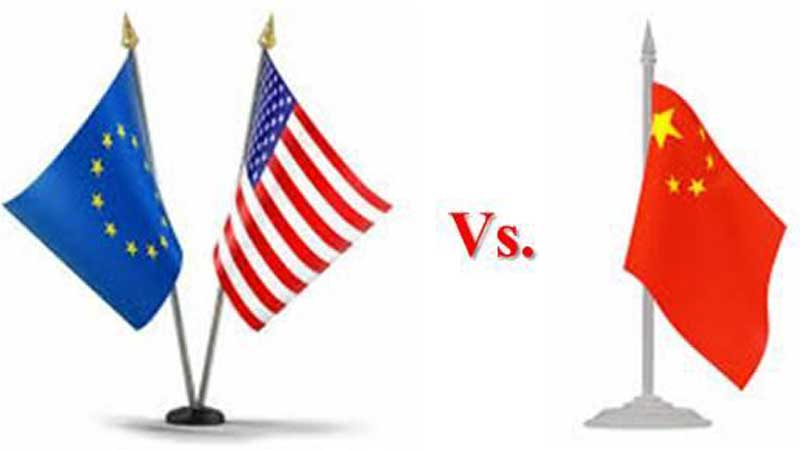×
The Standard e-Paper
Home To Bold Columnists

China’s President Xi Jinping was back in Africa, the focus being the Brics Summit in Johannesburg, South Africa. Although it was not his first visit, it was the first to Senegal, Rwanda, and Mauritius. There are strong cultural attachments that would attract China to Mauritius due to its sizeable Chinese-descended population. The attraction to Senegal, Rwanda, South Africa and other African states, however, is purely a matter of resources and global power politics.